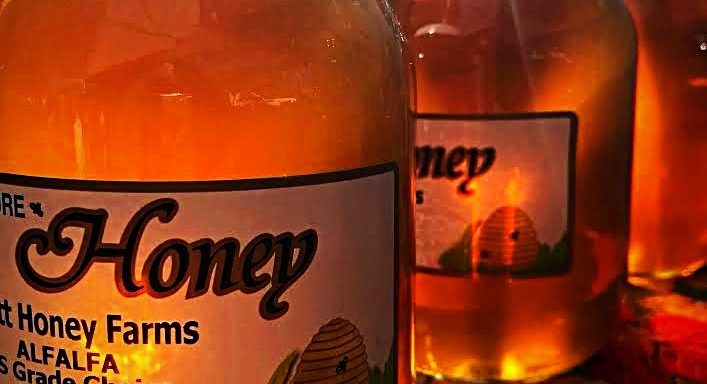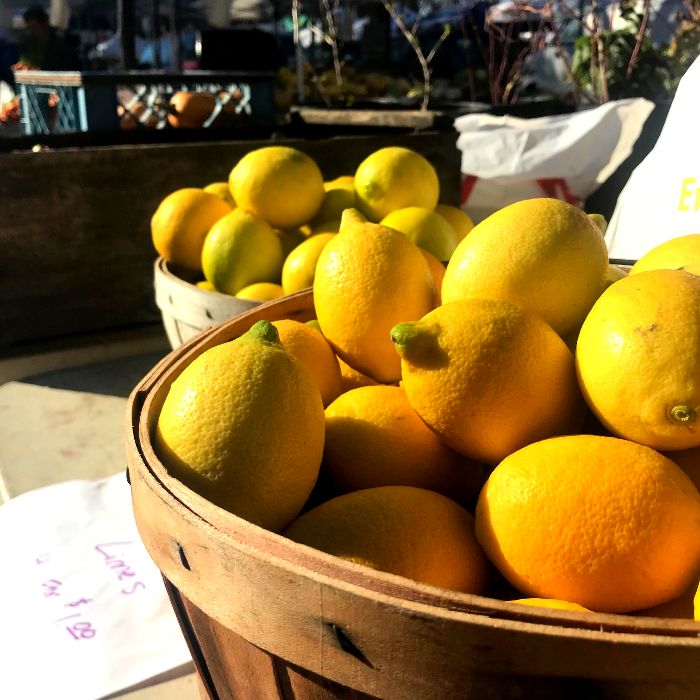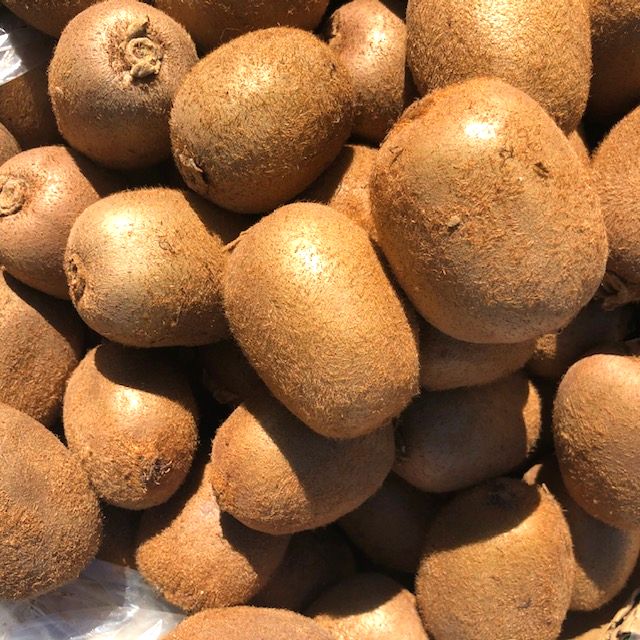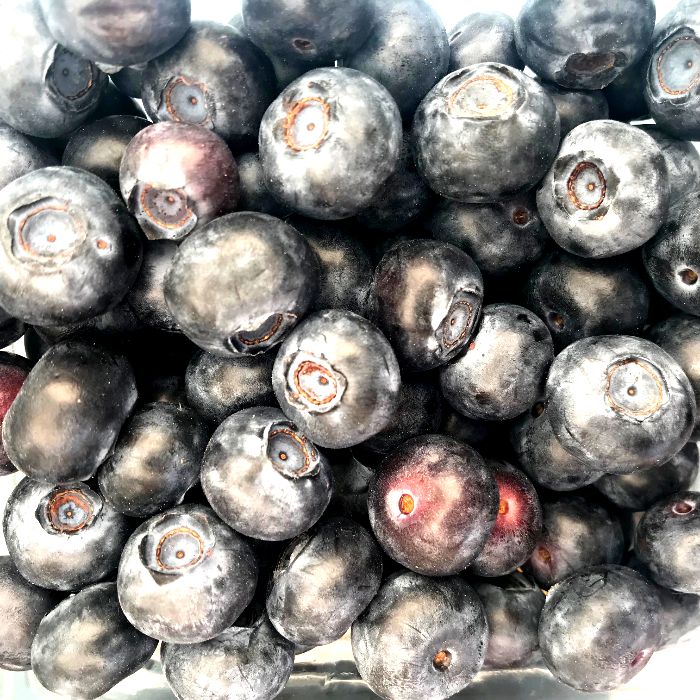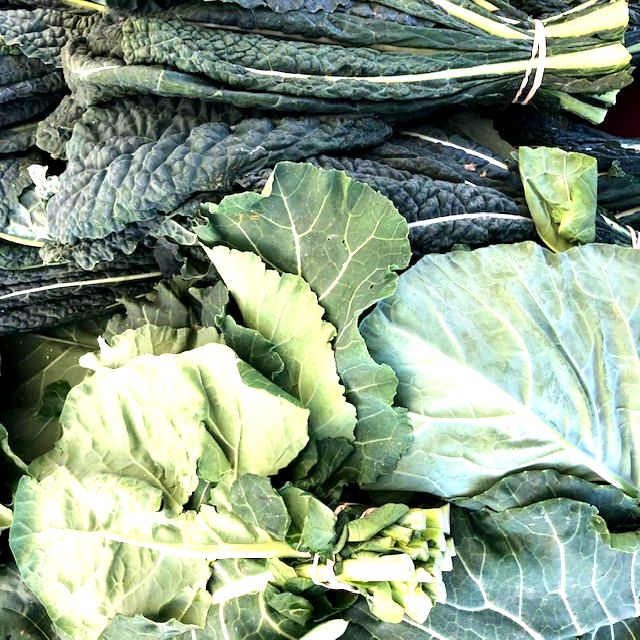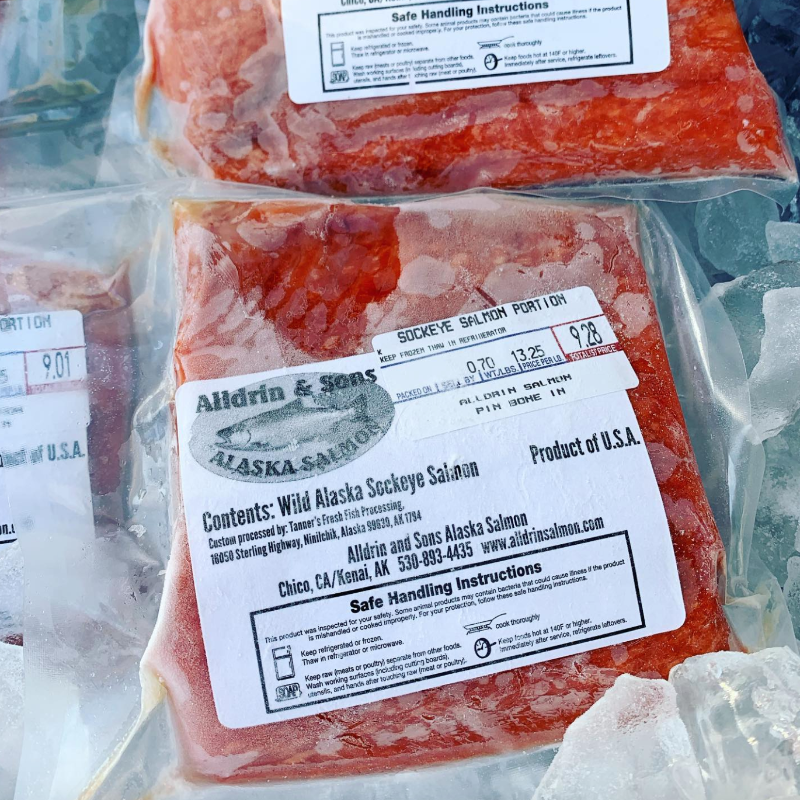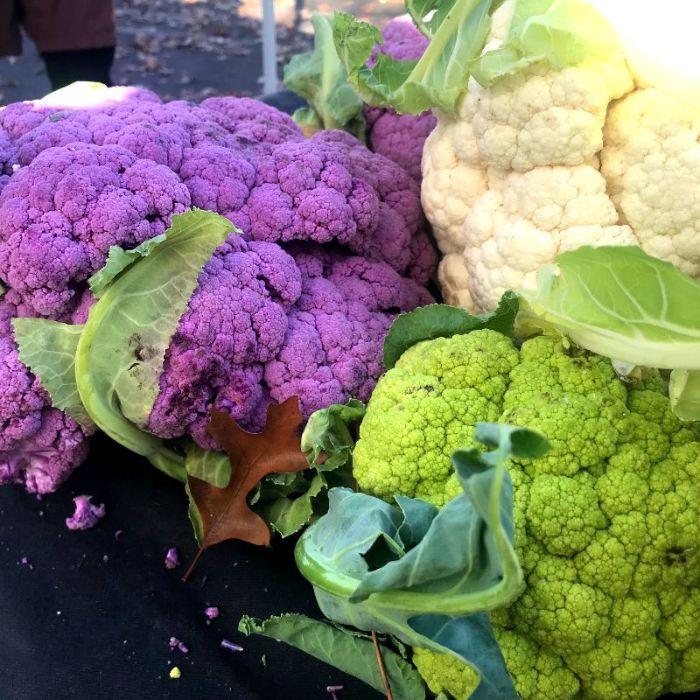Battle Spring Allergies with Local Foods!
Seasonal sniffles, sneezes, and itches got you down? There are things you can eat that may ease your allergy symptoms!
Allergies are due to hypersensitivity of the immune system that causes the release of damaging histamines. They can affect the whole body, especially the skin, eyes, nasal passageways and lungs. No food is a proven cure, but fruits and veggies are full of key nutrients that can counter some of those annoying allergy systems.
Below are some tips for which of your local farmers’ market produce items may help give you some relief. Chico Certified Farmers’ Market has got the produce to keep your nutrition needs covered year round, so come stock up and be ready for anything the world (or maybe just the wind) might throw at ya!
*These statements have not been evaluated by the Food and Drug Administration. These products are not intended to diagnose, treat, cure, or prevent any disease. If you feel ill, please consult your doctor.*
- 4f912d34 4717 4da2 861b e7e36cc78a5f
- 92c41f57 ee67 479a 80b5 04d8694bbf41
- bf5f3dc3 b33b 45e8 a809 481a7a7af941
Garlic
Garlic is a natural antibiotic that helps ward off infections, viruses and even allergies. Eating or juicing two raw cloves of this powerful antioxidant may literally keep the doctor away! Raw garlic eaten every day will boost your immune system immensely.
Kiwi
This fuzzy fruit is rich in vitamin C which boosts your immune system and It can also cuts down on histamines, reducing the inflammation associated with allergic reactions.
Lemons
Lemons and limes are excellent immune boosting fruits and are used for various afflictions, including allergies. Both of these little fruits are loaded with vitamin C and immune-boosting antioxidants. Drinking lemon water throughout the day detoxifies the body and rids it of impurities. Mix the juice of one or two lemons or limes with olive oil to make a tasty dressing for easy consumption.
- 56fb794d 6928 4744 86ec 5bbe4b555ab6
- eca3f7e6 609e 4c86 b130 58bdbf3bb8be
Blueberries
Blueberries are rich in antioxidants and loaded with phytonutrients that may help boost immunity for allergy sufferers. According to the Mayo Clinic, 3/4 cup of fresh blueberries are low in calories and contain 11 milligrams of vitamin C. And these little babies are just about to pop up the market!
Local Honey
Taking a tablespoon of local, raw honey every day will help your body build a tolerance to the local pollen that is running amuck on your sinuses. Taking one tablespoon of RAW local honey daily (by stirring some into tea, adding some to oatmeal along with cinnamon, putting some in your smoothies, etc.) is recommended, but it works best if you start this process before allergy season hits.
- 66b6ea8f dda6 48ef 85f5 305b0793dd24
- e3ad7dbd ba80 4b81 8407 17dbe6c4b3b0
- 43bdcf54 cede 4921 988d 66a116e8d2dd
Omega-3 Fatty Acids
Salmon is rich in omega-3 fatty acids. Because our body can’t make these healthy, essential fats on its own, we have to get omega-3s from our diets, primarily seafood. In addition to other health benefits of omega-3s, these nutrients can reduce inflammatory reactions.
Quercetin
Quercetin is a bioflavonoid (a natural plant chemical) that stabilizes the release of histamines and helps to naturally control allergy symptoms. It is best to use quercetin as a long-term remedy, since it can take several months of use to start working. People prone to seasonal allergies should make sure get enough quercetin in their system a few weeks before spring arrives when trees and plants start to bloom. If is found in onions, shallots, broccoli or cauliflower, peppers, berries, green tea, citrus, and parsley.
Cruciferous Vegetables
Are itchy, watery eyes your seasonal allergy killer? Dark green leafy vegetables contain two pigments, lutein and zeaxanthin, which accumulate in the eye. “These two pigments appear to be able to snuff out free radicals before they can harm the eye’s sensitive tissues,” according to the Harvard School of Public Health. Eating plenty of dark green vegetables, such as collard greens, kale and broccoli, can help keep your eyes in good shape. Don’t forget: cruciferous vegetables should be chopped, crushed or chewed well for maximum benefit!
